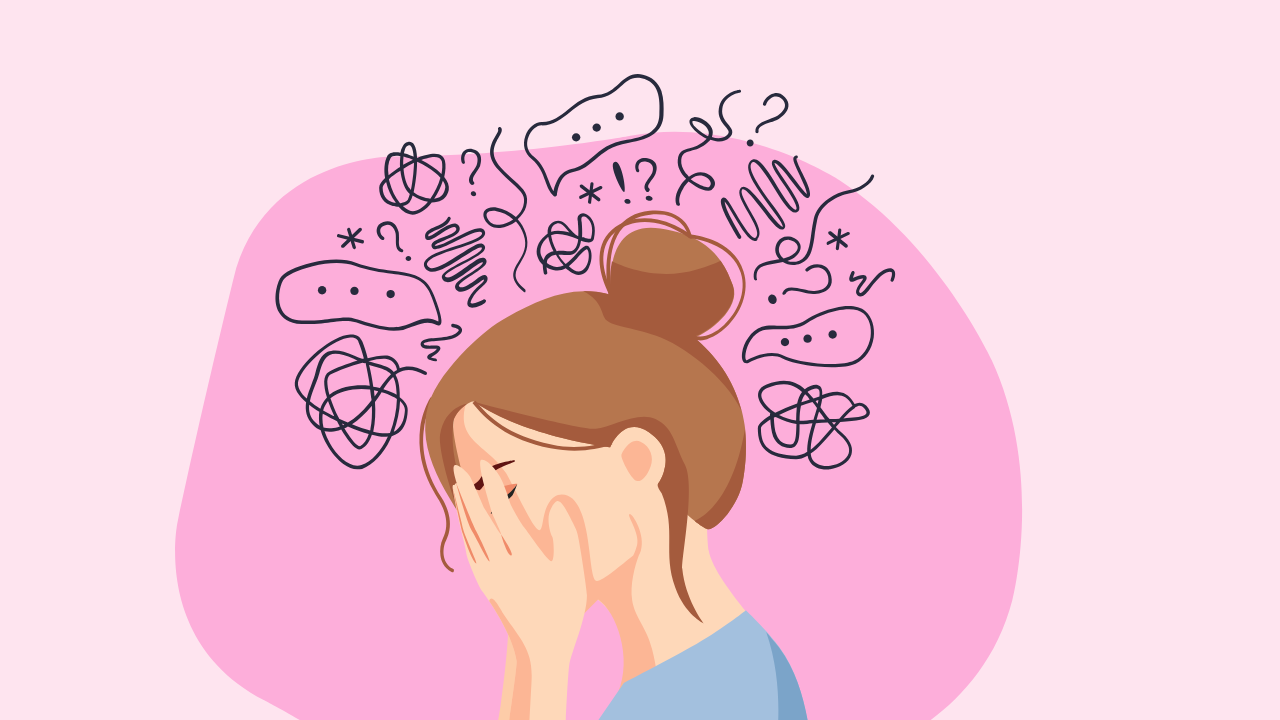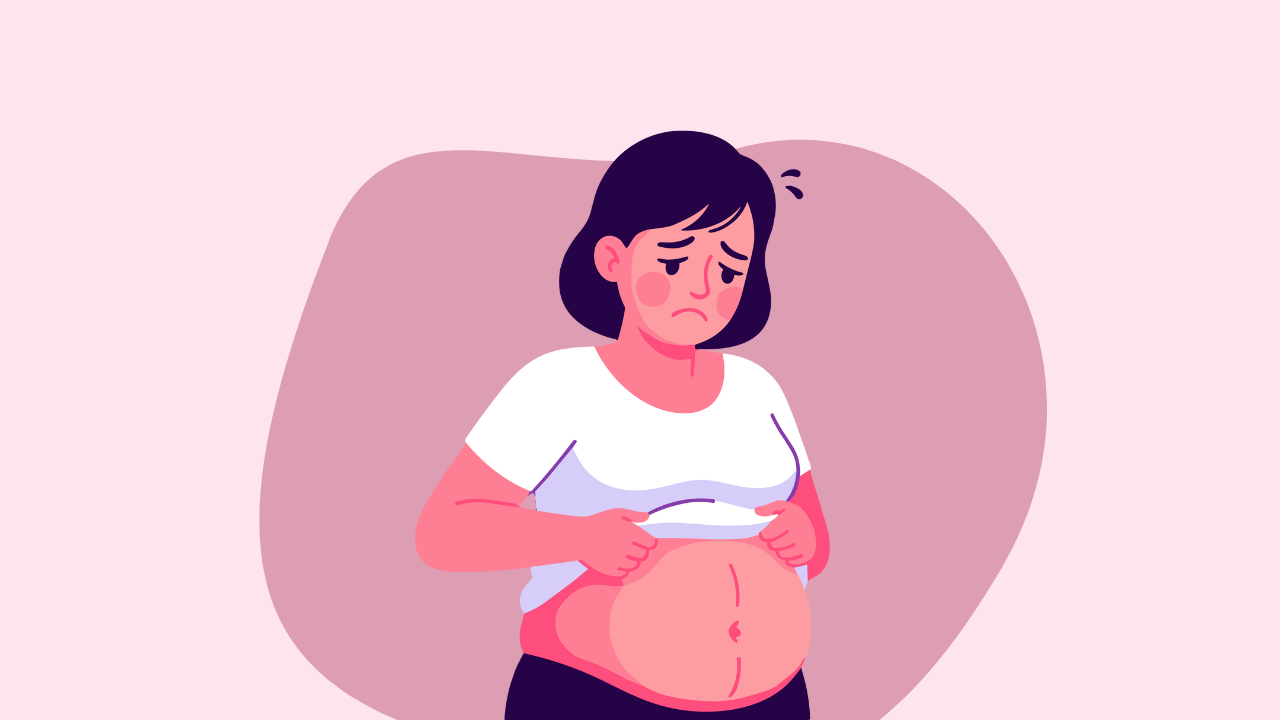New Survey Reveals Lingering Emotional Toll of Breast Cancer

A new survey from the Taiwan Breast Cancer Foundation and Yilan’s Lotung Pohai Hospital offers a sobering look at the emotional aftermath of breast cancer. While treatment may end, the fear often doesn’t. More than 60 percent of people surveyed reported intense fear of cancer coming back, nearly matching the fear they felt when they were first diagnosed.
The survey, conducted between late February and March, collected responses from 2,450 breast cancer patients across various stages of the treatment process. According to the data, 74.5 percent had already completed treatment and were undergoing follow-up care. Another 18 percent were still in treatment, while 7.5 percent were being treated for recurrence or metastasis.
According to hospital deputy superintendent Yeh Hsien-tang in a report from the Taipei Times, the majority of patients were emotionally vulnerable even before their diagnosis. More than 63 percent reported having long-term emotional stress before cancer entered the picture. After diagnosis, 69.5 percent said they were shocked and terrified. Over half felt helpless or like they had lost control.
Even after active treatment, that anxiety lingers. More than 60 percent of patients who completed treatment said they still live with intense fear of relapse. Body image was also a significant concern—nearly half said that changes like hair loss or mastectomy negatively affected their self-confidence.
Side effects of treatment were another major source of distress. Nearly 45 percent reported anxiety or depression caused by medication. Financial strain added another layer, with 38 percent saying they felt anxious about the cost of long-term care. According to Yeh, past surveys have shown that some patients have had to take out loans to afford treatment.
The survey also highlighted where patients turn for support. Most cited family, friends and medical staff as their primary sources of emotional strength. Still, the data suggests that more comprehensive mental health services and community support structures are needed.
Yeh said the findings show a clear need for improved doctor-patient communication, better mental health support and mutual-aid communities that can provide ongoing assistance. Tailoring care to meet the emotional and social needs of breast cancer patients should be a top priority.
Foundation chairperson Chang King-jian added that chronic stress, if left unresolved, may harm physical health and could even contribute to the development or spread of cancer. He emphasized the importance of stress reduction, whether through therapy, medication or lifestyle changes, to protect both mental and physical well-being.







